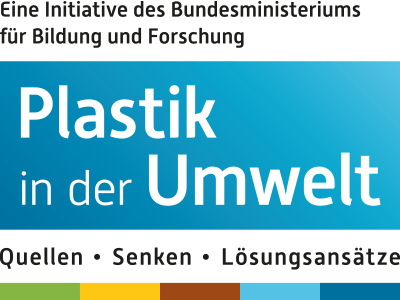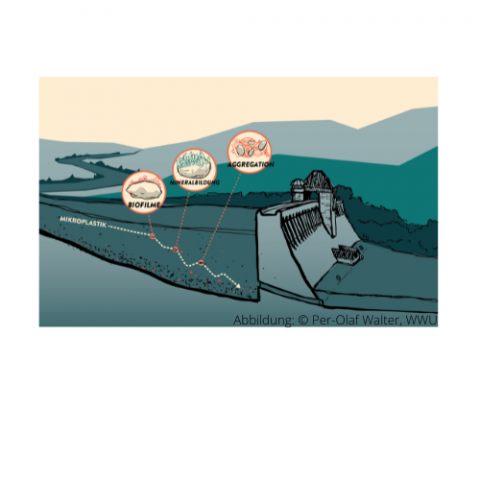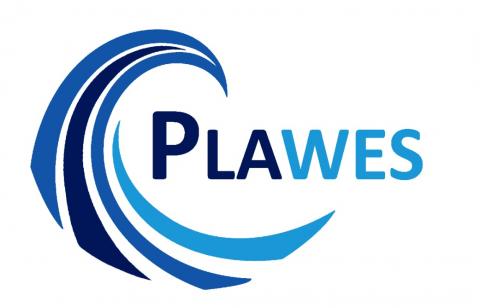Factsheet 7.2: Microplastics in the aquatic food web - Impact and transfer analysis based on the example of roundworms (nematodes)
"To assess the ecologic danger posed by microplastics, one must also consider indirect effects in the food web", say Sebastian Höss (Ecossa) and Marie-Theres Rauchschwalbe (Bielefeld University). The researchers from the joint project MikroPlaTaS looked at these effects using nematodes as an example.




